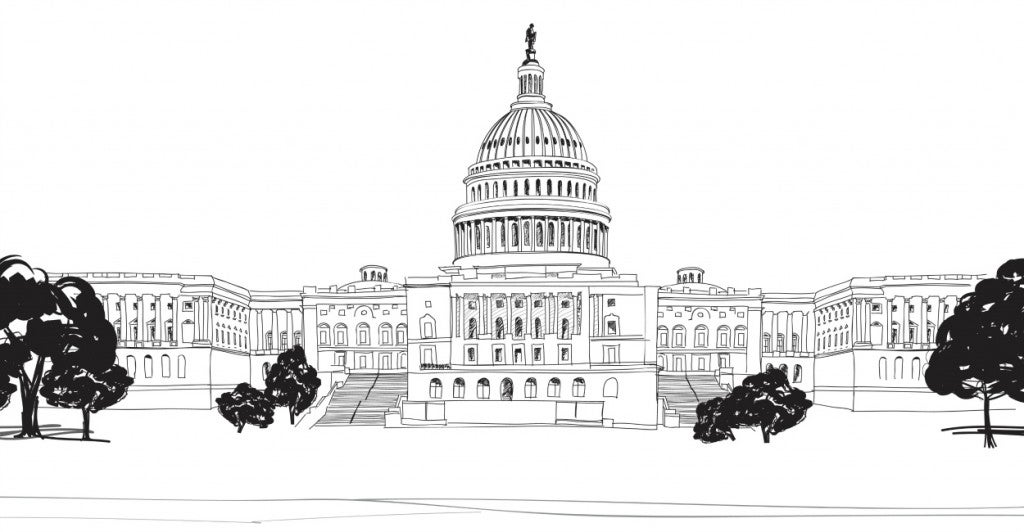Congress could raise your family’s income by 10 percent, or maybe even more. And it could do it with a policy reform that has the support of 71 percent of the American people.
Even better news is this is not some big-government spending program that would deliver a 10 percent raise. Instead, it’s tax reform.
The Tax Foundation, in a recent study, found that if Congress implemented a consumption tax, the economy would grow by 15 percent and wages by 10 percent.
>>> In-Depth: A Tax Reform Primer for the 2016 Presidential Candidates
We would see such pronounced positive effects because the current system bogs down the economy with high rates on working, saving, investing and taking risks. These are the basic elements of economic growth. When we have less of them, the economy and American families suffer from lower wages and less opportunity.
The tax code is a further weight on the economy because it has an archaic business tax system, cronyist policies in the code that pick winners and losers, is monstrously complex for families and businesses to comply with, and heavily taxes investment multiple times.
In a recently released primer for the 2016 presidential candidates, my colleague David Burton and I explain further in detail why each of these issues is such a problem for the economy. We also walk through what tax reform should accomplish and the various ways Congress could implement the right type of tax reform.
From a broad overview, tax reform needs to accomplish five key economic objectives:
- Lower individual and business tax rates. Tax reform must lower rates, in particular the top marginal rates, to strengthen the economy by improving incentives to work, save and invest.
- Establish the right tax base. Often overlooked in the tax reform debate is the fact that defining the tax base (what the tax code taxes) is as important as lowering the tax rate.
- Eliminate the bias against saving and investment. Tax reform must reduce, and ideally eliminate, the bias against saving and investing caused by double taxation.
- Eliminate tax preferences. More work is necessary to ensure that the base is neutral and does not pick winners and losers. That means that tax reform should eliminate any deductions, credits and exemptions that are not economically justified.
- Simplify the tax system and make it more transparent so that taxpayers understand how much they pay to fund the federal government.
There are long-standing debates among conservatives about which type of tax reform plan can best deliver the objectives laid out above. Those plans generally have more in common with each other than is usually understood. In fact, the best and most popular tax reform plans use the correct consumption tax base and have identical economic effects. They vary only in how taxpayers pay them. A useful way to understand their variations is to think of them as distinct software programs used to execute the same function. They all execute that function equally well, but they interact with their users (taxpayers) differently.
For many, a consumption tax means a retail sales tax such as the one that most states levy. However, a consumption tax is any tax on income that is spent on consumption, and excludes income that is saved or invested. Consumption taxes do not include the estate and gift tax, also known as the death tax. There are several plans that fit this mold, including:
- the traditional flat tax (often referred to as the Hall–Rabushka flat tax);
- the new flat tax (also known as an expenditure, or consumed-income, tax);
- a business transfer tax (BTT); and
- a national sales tax.
There are a host of other issues tax reform should address. But as long as Congress implements one of these systems in place of the current system, the economy would boom.
Unfortunately, a revenue collection agency will remain necessary to enforce any system Congress implements. Whether that is a reformed Internal Revenue Service, or a new agency created in its place, is up to Congress. Changes to the IRS are essential because of its recent misdeeds. But each of the tax reform plans described here would make for a smaller agency because the new tax code would be so much simpler than under the current system.
With nearly three quarters of Americans in favor of reform, and all the benefits it would bring, it is a wonder Congress hasn’t done tax reform already.
